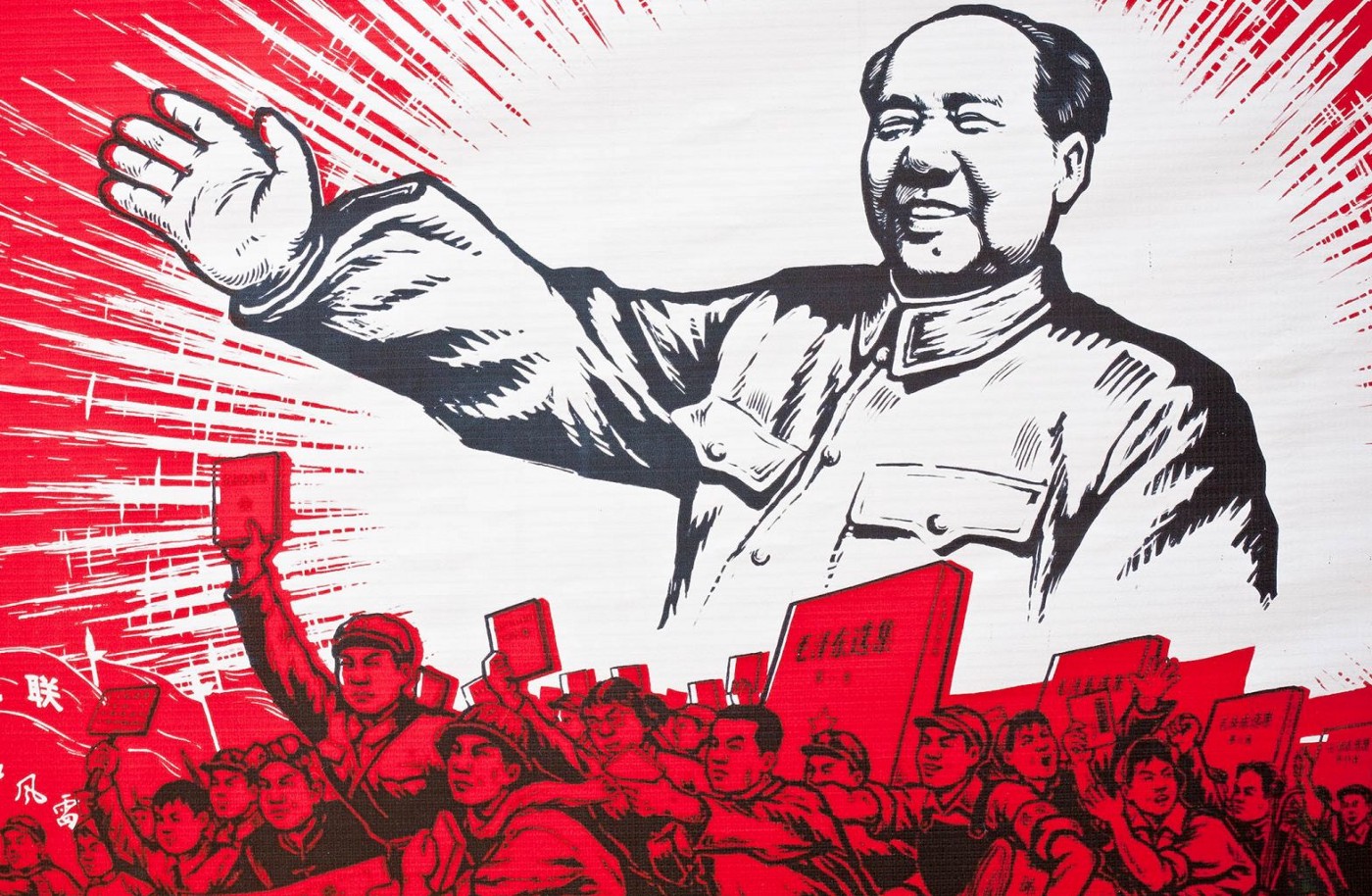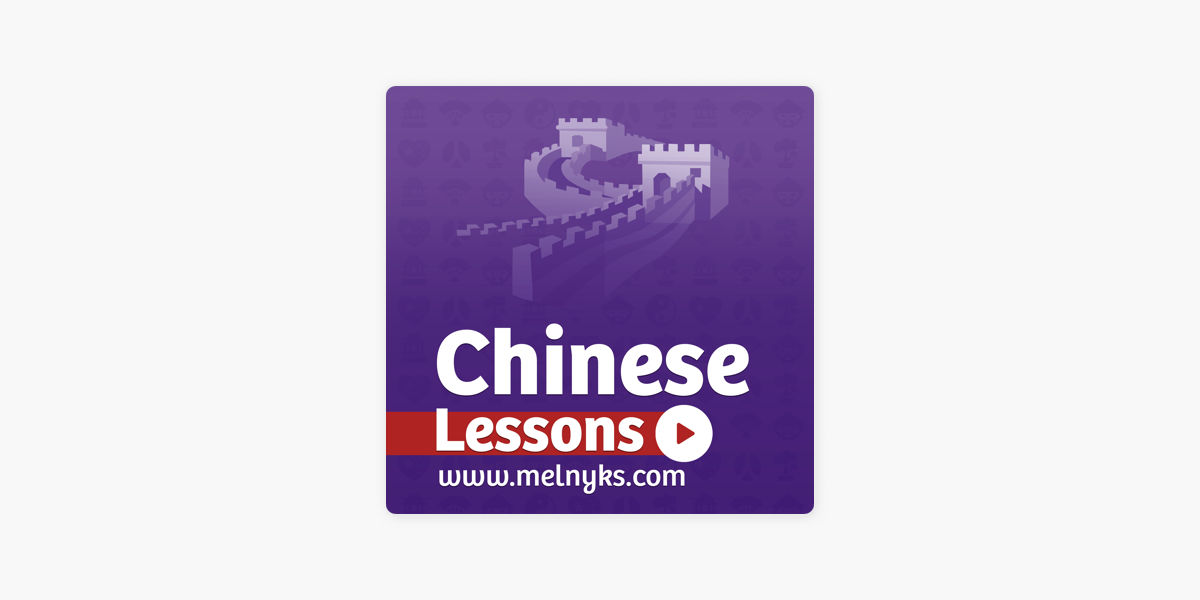This edition could be called “escape from Shanghai”. Bear with me for some more zero-covid refugee talk.
The Chinese government insists that their zero-covid policy is “bringing Covid-19 under control at the minimum social cost in the shortest time possible.” Well, I don’t know about that. My personal observation is that this virus can’t be contained on the long term – not by wearing masks, lockdowns or mass vaccination programs. At this point, it’s hardly more than a common cold for the great majority of people. So why on earth is Shanghai sacrificing its economy to “control” what can’t be controlled?
Anyway, it’s just so frustrating to see governments adopting such destructive policies and it’s no surprise that people want to leave… And that’s what this edition of Chinese vocabulary notes is all about!
By the way, I’d like to recommend this article “Should you learn Mandarin despite China’s zero covid policy?” by Jaap Grolleman, who has been in China since 2018 and currently lives and works in Shanghai. I’ve also been struggling with this question. What’s the point of learning Mandarin if you can’t freely enter the country with most Chinese speakers? I’ll quote the conclusion here:
But most importantly, a career in China may still work depending on your timeline. China will open up, eventually. It’s unlikely to do so before 2024, but even if you put the timeline to 2026, that still gives you four years. The zero covid policy is driven by a lot of things, but not out of hate for foreigners. So if you spend four years learning Mandarin, you may be in a really great position to move to China once it opens up. China will be needing foreign talent and if you can speak Mandarin your life will be much easier here. Also, fewer Chinese students are choosing to study abroad and this may hurt overall English language performance — on top of tutor crackdowns for primary schools. It’s just a matter of whether you can keep up learning motivation if you cannot enter China, and whether you can create an immersive environment for yourself despite not learning in China. But if fewer people choose to learn Mandarin, that may actually work in your favor.
This guy escaped the madness, because he couldn’t take it anymore. I don’t know why he needs to swear every third sentence, but apart from that he gives a down-to-earth, no-nonsense view on the situation as he experienced it. I like his metaphor of the frog that’s slowly being cooked without ever noticing. Only when he arrived in Europe, he realized how mad things actually were. (I’m not saying that things in Europe are “normal”, although definitely more relaxed than in China – it’s all relative). He also expresses his frustration about the passiveness of Shanghai citizens.
| 解封 | jiě fēng | to “unblock” / end lockdown |
| 物资 | wùzī | supplies |
| 隔离 | gélí | isolation |
| 房舱 | fáng cāng | cabin |
| 魔幻的事情 | móhuàn de shìqíng | a magical thing (not a good thing) |
| 清零 | qīng líng | zero-covid |
| 做核酸 | zuò hésuān | to do a covid-test |
| 团购 | tuángòu | “group buy” |
| 控制病毒的方式 | kòngzhì bìngdú de fāngshì | Ways to control the virus |
| 大喊大叫 | dà hǎn dà jiào | to yell |
| 想不通 | xiǎng bùtōng | Can’t figure out / can’t understand |
| 共存 | gòngcún | coexist |
| 注射疫苗 | zhùshè yìmiáo | to vaccinate |
| 救命 | jiùmìng | help |
| 忍受 | rěnshòu | to bear |
| 忍耐 | rěnnài | to endure |
| 中国泡沫 | zhōngguó pàomò | the Chinese bubble |
| 格格不入 | gégébùrù | out of place, incompatible |
“阿福已经润了?有些细节值得关注” (Afu escaped too)
Some gossip from our German Charles Manson look-a-like 老雷! Hadn’t checked on him in a long time, but this video was one of the first that popped up about the fact that his fellow German YouTuber Afu escaped Shanghai, (阿福润了, the character 润 is a pun on “run” in English). The main reason for his 15-minutes rambling seems to be that Afu somehow is a pawn in the hands of the CCP, but not a very reliable one, for now that things got nasty, he left everything behind, including his wife, and boarded an airplane back to Germany. That’s at least his long-distance interpretation.
| 一直不断 | yīzhí bùduàn | all the time |
| 不让出门 | bù ràng chūmén | don’t let you go out |
| 多么想润 | duōme xiǎng rùn | how much you want to run |
| 十天以前发布了视频 | shí tiān yǐqián fābùle shìpín | Video posted ten days ago |
| 德国大使馆 | déguó dàshǐ guǎn | German Embassy |
| 德国航班 | déguó hángbān | German flight |
| 德国公民 | déguó gōngmín | German citizen |
| 哪怕 | nǎpà | even if |
| 太想念了 | tài xiǎngniànle | miss it so much |
I couldn’t help listening to his ramblings some more in a second video about Afu. Probably because we’re from the same language area, he’s much easier to follow for me than the guy in the first video for example. I picked up some useful expressions like 按照我的理解 and X有什么样. It seems – judging from his channel – that although he left China years ago, linguistically “he’s still there”, almost as if he never went away. That’s impressive.
| 无语 | wúyǔ | speechless |
| 按照我的理解 | ànzhào wǒ de lǐjiě | as I understand |
| 我有一些疑问 | wǒ yǒu yīxiē yíwèn | I’ve got some questions |
| 八卦 | bāguà | gossip, to gossip |
| 尊重他们的隐私 | zūnzhòng tāmen de yǐnsī | to respect their privacy |
| 鄙视 | bǐshì | to despise |
| X有什么样 | A yǒu shénmeyàng | What about X? (a bit like “so what?”) |
| 招呼父母 | zhāohū fùmǔ | Take care of one’s parents |
One thing he’s right about though is that Afu’s videos in contrast to his own are heavily edited. 老雷 has a special talent for long, uncut monologues. I’ve never seen Afu doing that. When you watch his videos closely, they’re usually cut sentence by sentence, which – together with the music – creates the upbeat tempo and feeling.
| 敏感的问题 | mǐngǎn de wèntí | Sensitive issues |
| 我不鄙视阿福 | wǒ bu bǐshì āfú | I don’t despise |
| 心疼他们 | xīnténg tāmen | to feel sorry for them |
| 一旦 | yīdàn | once |
| 作为一个人 | zuòwéi yīgè rén | As a human being |
| 吐槽 | tǔcáo | To roast (slang), to ridicule |
| 晒他冰箱 | shài tā bīngxiāng | To show off (the contents of) his fridge (during lockdown) |
Afu: 疫情期间,离开上海有多难?
Now we’ve heard 老雷‘s account of Afu’s story, it’s about time to turn over to the man himself and let him tell what’s there to tell. How did he escape from Shanghai and leave everything behind?
| 冒险的故事 | màoxiǎn de gùshì | adventure story |
| 70岁大寿 | 70 suì dàshòu | 70th birthday |
| 庆祝 | qìngzhù | celebrate |
| 改签 | gǎi qiān | rebook (flight) |
| 到现在还没有一个明确的解封日期 | dào xiànzài hái méiyǒu yīgè míngquè de jiěfēng rìqí | There is no definite “release date” yet |
| 给我爸妈一个惊喜 | gěi wǒ bà mā yīgè jīngxǐ | Surprise my parents |
| 浦东机场 | pǔdōng jīchǎng | Pudong Airport |
| 通行证 | tōngxíngzhèng | certificate that allows you to pass |
| 静默期的上海 | jìngmò qí de shànghǎi | Shanghai “in the silent period” |
| 国际航班 | guójì hángbān | International Flights |
| 流浪在机场 | liúlàng zài jīchǎng | To be stuck at the airport / “homeless” at the airport |
That’s it for this month. See you in June!




